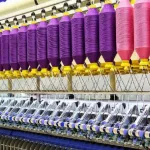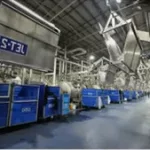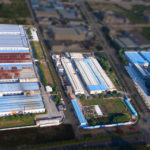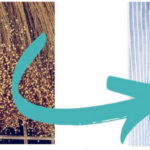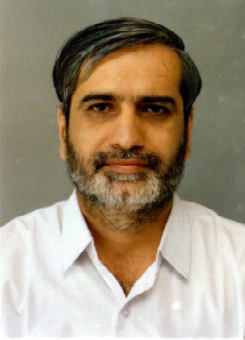 The textile spinning sector units, especially those engaged in export of cotton yarn, have expressed unhappiness with the Foreign Trade Policy (2015-20) announced by the government saying that there is hardly any concrete step in it for encouraging exports despite the fact that the sector employs over 35 million workers and has the required potential to double this number by 2020.
The textile spinning sector units, especially those engaged in export of cotton yarn, have expressed unhappiness with the Foreign Trade Policy (2015-20) announced by the government saying that there is hardly any concrete step in it for encouraging exports despite the fact that the sector employs over 35 million workers and has the required potential to double this number by 2020.
They find no incentives for export of cotton yarn in the policy. They also complain that the 2 percent incentive provided for MMF yarn and fabrics of all fibres under the Merchandise Exports from India Scheme (MEIS) is only for countries in which these products have very limited market. Overall, they feel that instead of reducing any incentives on textiles export, the government should reduce interest cost on working capital to 7 percent and also the duty burden on MMFs.
Although the industry has commended the role of CCI in arresting a price crash by timely procuring over 86 lakh bales of cotton at the beginning of the current cotton season, they are not at all satisfied with the way the CCI is releasing the stocked cotton. They want the CCI to dispose of all the cotton through e-auction.
There has been widespread opposition to the CCI’s bulk discount that favoured a few big traders and large mills forcing the small and medium size mills to pay Rs.500/ – to Rs.1000/- to the traders for procuring the required cotton. The industry had to pay Rs.2000/- to Rs.4000/- more for the indigenous cotton.
The spinning units also want the government to reduce the age-old Hank Yarn Obligation from 40 per cent to 10 per cent.
The South India Spinners Association (SISPA), on the other hand, has urged the government to bring down the duty on synthetic fibres (presently at 12.36 per cent) on par with cotton so as to provide a level playing field and enhance competitiveness of the smaller spinning units. These units have to face inconsistent supply of synthetic fibres and also have to pay higher prices for the imported fibre as a result of high duty.
According to the Confederation of Indian Textile Industry (CITI) : “The Indian textiles industry has been in bad shape for some time now, added to which are the current problems affecting cotton and cotton yarn — the changing Chinese import policy has led to a situation of surplus stocks. China being the largest importer of both – cotton and cotton yarn, lower offtake has forced many spinning mills to work on lesser number of shifts and some to even close down.”
“Level Playing Field” has become such an overused phrase over the past many years that it has totally lost it’s significance and impact. The government as well as the industry associations will have to do some real work to arrive at certain clear and mutually agreed set of parameters or formulae that, according to them, can contribute to ensuring a level playing field, automatically.
G.D. JASUJA
Managing Editor

